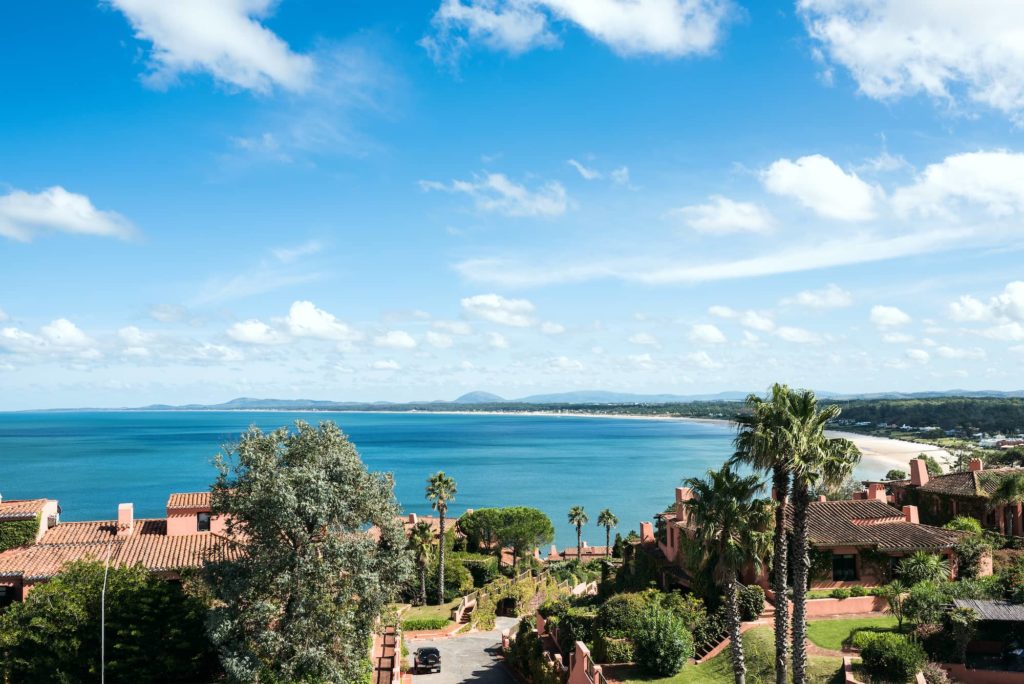Traditions of Uruguay
When people think about Uruguay, they generally mention its meat and wines. But Uruguay is also well known to the world because of its traditional heritage. The Tango, the gaucho´s lifestyle, and also the Candombe have deeply influenced the Uruguayan culture and society. The Uruguayan society has inherited European cultural traditions, but many were born from a combination of factors and origins.
Tango
The Tango is one of the most original cultural expressions of the River Plate. Both ports of Buenos Aires and Montevideo were the birthplaces of the tango, born from the fusion of musical traditions of African blacks, European and Creole rhythms.
The “anthem” of all tangos, “La Cumparsita,” was written by Uruguayan Gerardo Matos Rodríguez, who like Carlos Gardel, is of international recognition and considered the greatest interpreter of Uruguayan tango history. Other great Tango singers such as Julio Sosa, who came after Carlos Gardel, were also Uruguayans. For Uruguayans, the memory of Carlos Gardel is of great importance and almost an Estate matter. The celebrations take place every 24th of June, are held everywhere and are part of the tradition of Uruguay.
The Folklore
The Uruguayan folklore has different manifestations from their different origins on Uruguayan soil, and it took on its own characteristics. The gaucho is an important figure of the national folklore as a symbol of freedom and individuality. The gaucho poetic representations describe it as the ideal of courage and independence showing the way they adapted to the rustic environment and how they used land and resources to survive. But beyond that, the originality of its music, literature, and paintings, the Gaucho character is an important symbol in Uruguayan tradition.
On the other hand, the traditional songs and dances that were born in the rural area such as the Vidalita, the Milonga, and the Pericón, always accompanied by the guitar and the accordion are inseparable from the gaucho expression.
The folklore is an expression of collective feeling, with the standing figure of Alfredo Zitarrosa for its unique and incomparable voice. Various traditional celebrations and festivals are held throughout the year across the Uruguayan territory, where the most representatives of the country rural traditions are expressed. A clear example of this is the “Patria Gaucha Celebrations” in Tacuarembó also held at El Prado in Montevideo and in Canelones´ Roosevelt Park.
For 21 years, the Patria Gaucha Celebrations in Tacuarembó are the example of the rural traditions, held at a wonderful lake just a mile away from the capital city of Tacuarembó. People from all around the country join for a week in a traditional campsite that resembles how the gauchos used to live. There are rodeos, campfires, guitar contests and of course roasted meat. Hundreds of stands offering local and traditional products are at the entrance of such camps.
Mate, Wine, and Meat
The mate and roasted meat are other elements that have defined Uruguay. The grilled meat is without any doubts one of the highlights of the Uruguayan tradition. It consists of different types of roast beef “grilled” on large constructed iron pans and used for this purpose. The secret that keeps this ancient method of cooking is that it enables to retain the concentration of juices and the own distinctive flavors of Uruguayan meat.
Uruguayan wines are a perfect match to meat. The Tanat strain, defined as intense, powerful, serious and austere originated in southwestern France and was introduced in the mid-nineteenth century, and its production was so successful that now Uruguay has become the largest global exporter of this variety.
Mate is a drink from the infusion of ” yerba mate” (dried leaves of Illex paraguayensis tree) and is one of the most typical and traditional cultural elements of Uruguayan society.
The tradition of heating water and preparing the infusion of Mate is part of the daily life in Uruguay but also a tradition. Mate is drunk in many public spaces and resembles an act of sharing, relaxing and socializing. There are certain ways on how it is prepared and shared, and the rule is never to ask for a Mate, you need to be offered a Mate. If you say thank you after sipping the bitter and hot liquid, it then means that you do not want to be offered Mate again.
May be also read our page About Uruguay
By Mary Ann Thompson

